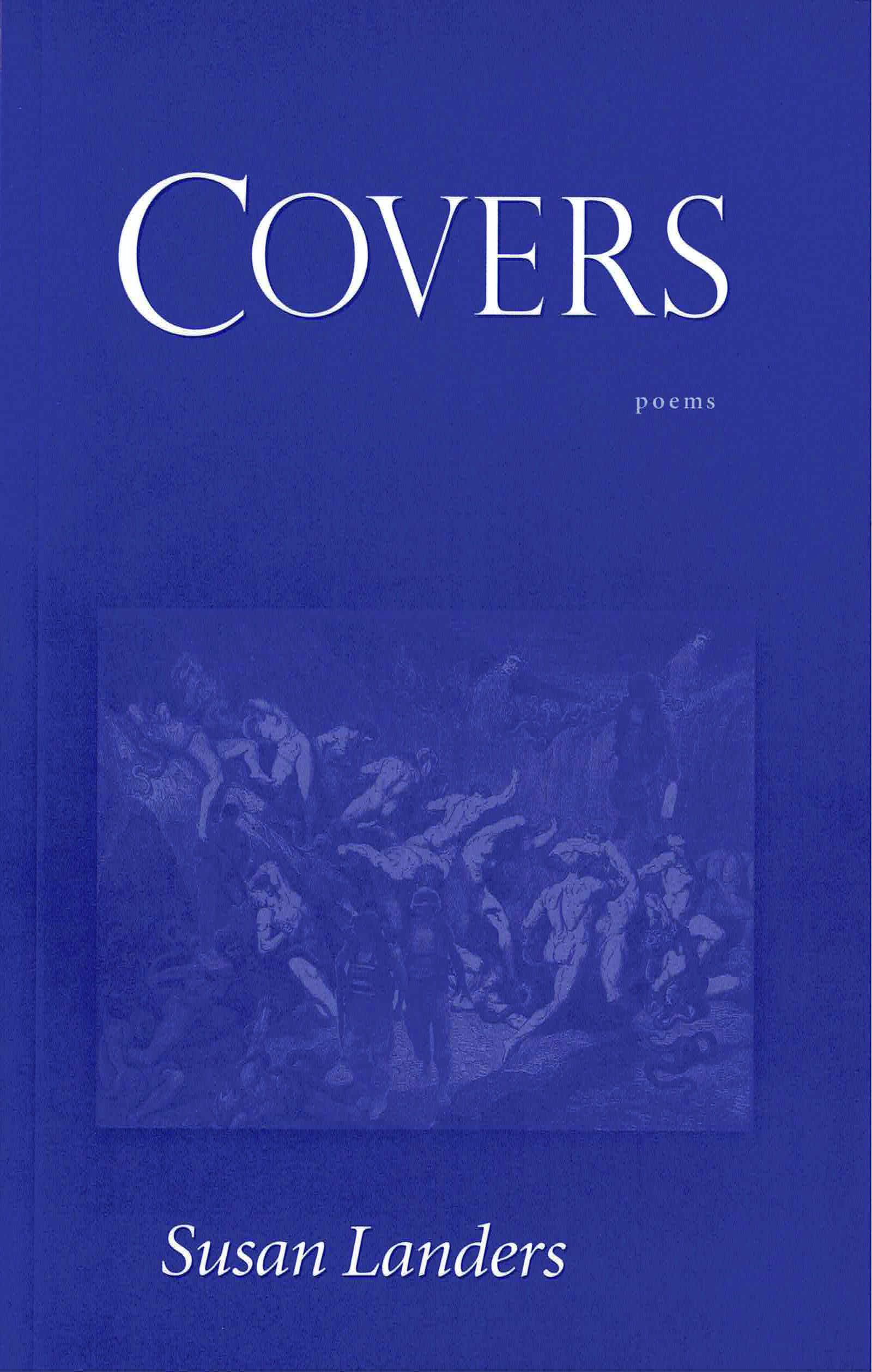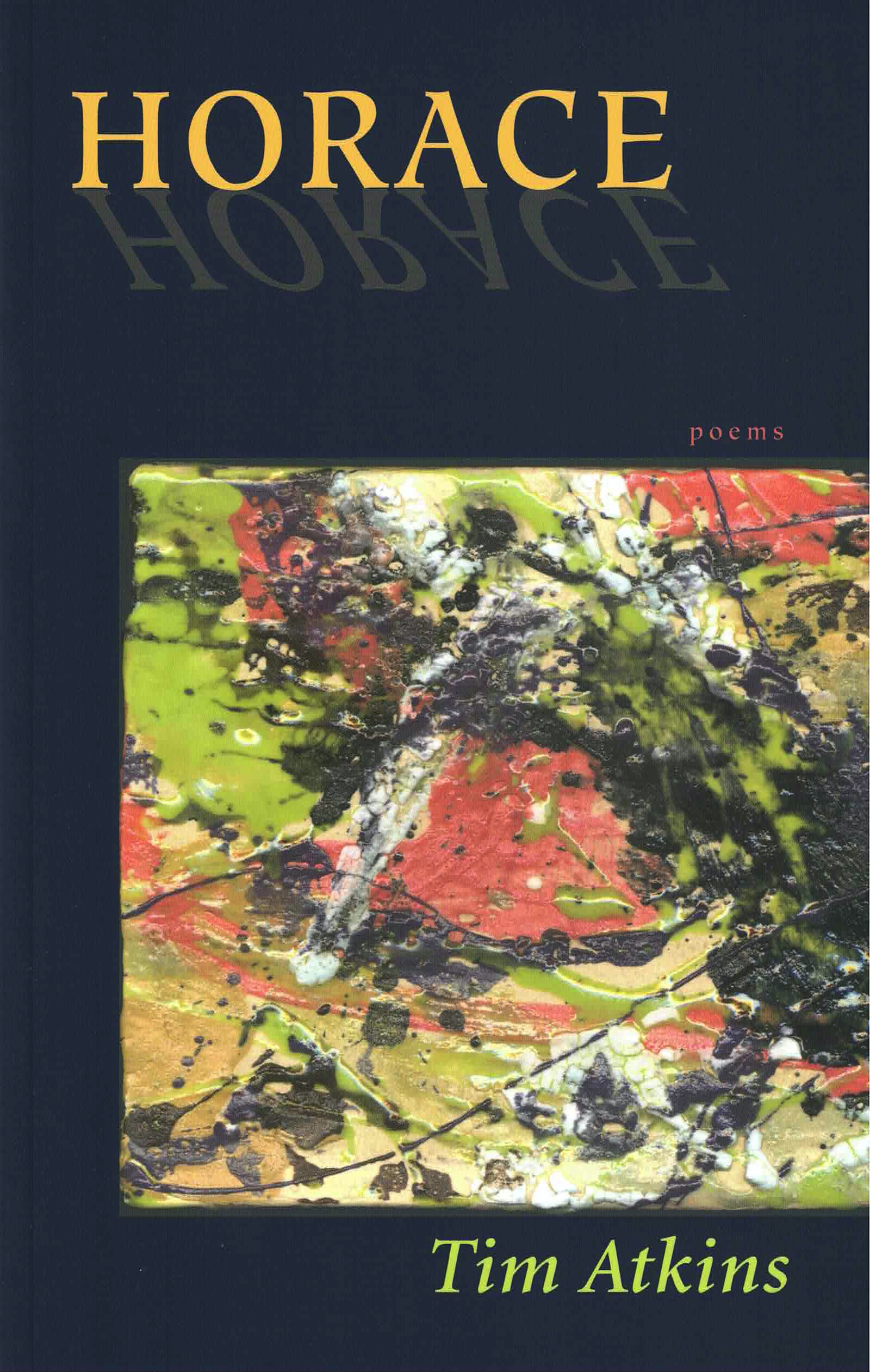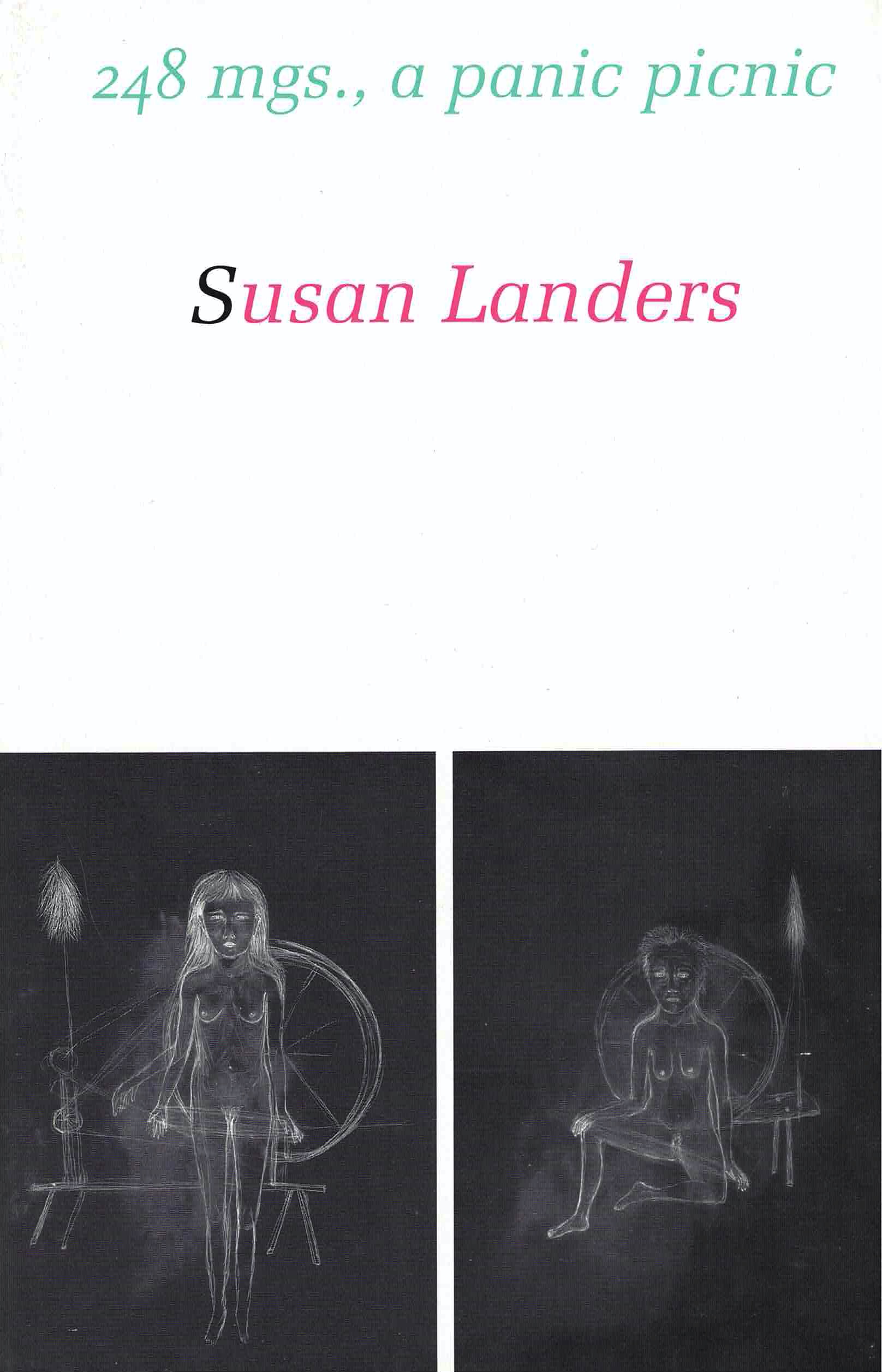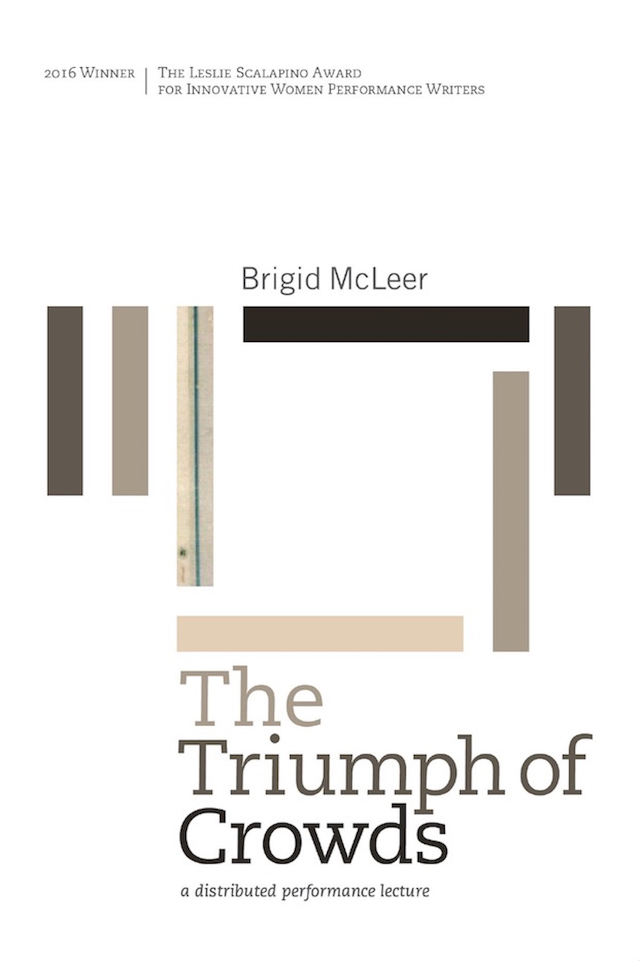In this translation of Dante, Susan Landers reframes the Inferno in 21st century terms, setting it in New York, in the immediate aftermath of 9/11 and the Iraq War. The text shifts between Dantean language and contemporary news-speak, rendering an ethical landscape in which poetry presents the possibility of alternate endings, grounded in a sense of community and empathy.
Susan Landers
Praise for Covers
Encounters with the grand tradition of literary versionings of Hell yield in Landers’ Covers an agonistic sequence of lyrics, one that wickedly “plays the structure” of the American empire’s reality-making in polyphonic protest.
— Carla Harryman
“And in this square plot the narrative of my rocking,” Susan Landers says in Covers, and through the rocky fields and layers of Dante’s Inferno weaves a narrative of our time. The B side of Dante’s landscapes of phantasmagoric distress is our post-September 11 world, the sinful, mass/ive fury of its unleashed power gaining us a place in Dante’s Hell. Susan Landers knows that in any translation of true resonance, as much as bringing the other to us—to our own size and illusions—the translator takes our language to the icy, sublime, thirsty, nether region of the other. The result is a fully lit, but dimly understood landscape where fragments of language put us—the reader—right in the middle as one of Dante’s sinners, suffering the endless stings of the serpent’s tail, without quite seeing that the head of this dragon is ourselves, “Within this dismal din / ran men naked and raw / / with no heliotrope-hope. / Snakes tied men’s hands stiff / behind and poked their ends/ through the front for bows.” Covers shows how translation is the most dynamic poetic form of our time. A poem of power, intelligence and beauty.
— Murat Nemet-Nejat
In Covers, a highly original, freewheeling translation of Dante’s Inferno, poet Susan Landers wants us to think about what, if anything, can be adequately described, explained, or even named; what is reality and the making of it, and which versions of reality are true? Landers’ translation is audacious. It shifts between Dante’s time and ours, confronting the ways of living and usage of language in those worlds. She is not interested in translating this 700-year-old epic in the conventional sense, but in twisting the act of translation to confront and comment on the hellishness of our times. She writes: “America the audacity dragon has a daddy complex,” and “No language is known by he who makes our sounds confused.”
— John Mercuri Dooley, Boog City





Her making specific “the nature of that wood” with “/ how many wars /” is of course a reference to the totally fucked up policies of the US over the last (hell, who can count ‘em?) years, among the totally fucked up policies of every entity with the strength to HAVE an actionable policy, but it’s also a refusal to see the dark wood as a place of individual torment; the torment affects individuals, of course, but it’s certainly collective.
— John Bloomburg-Rissman, Galatea Resurrects